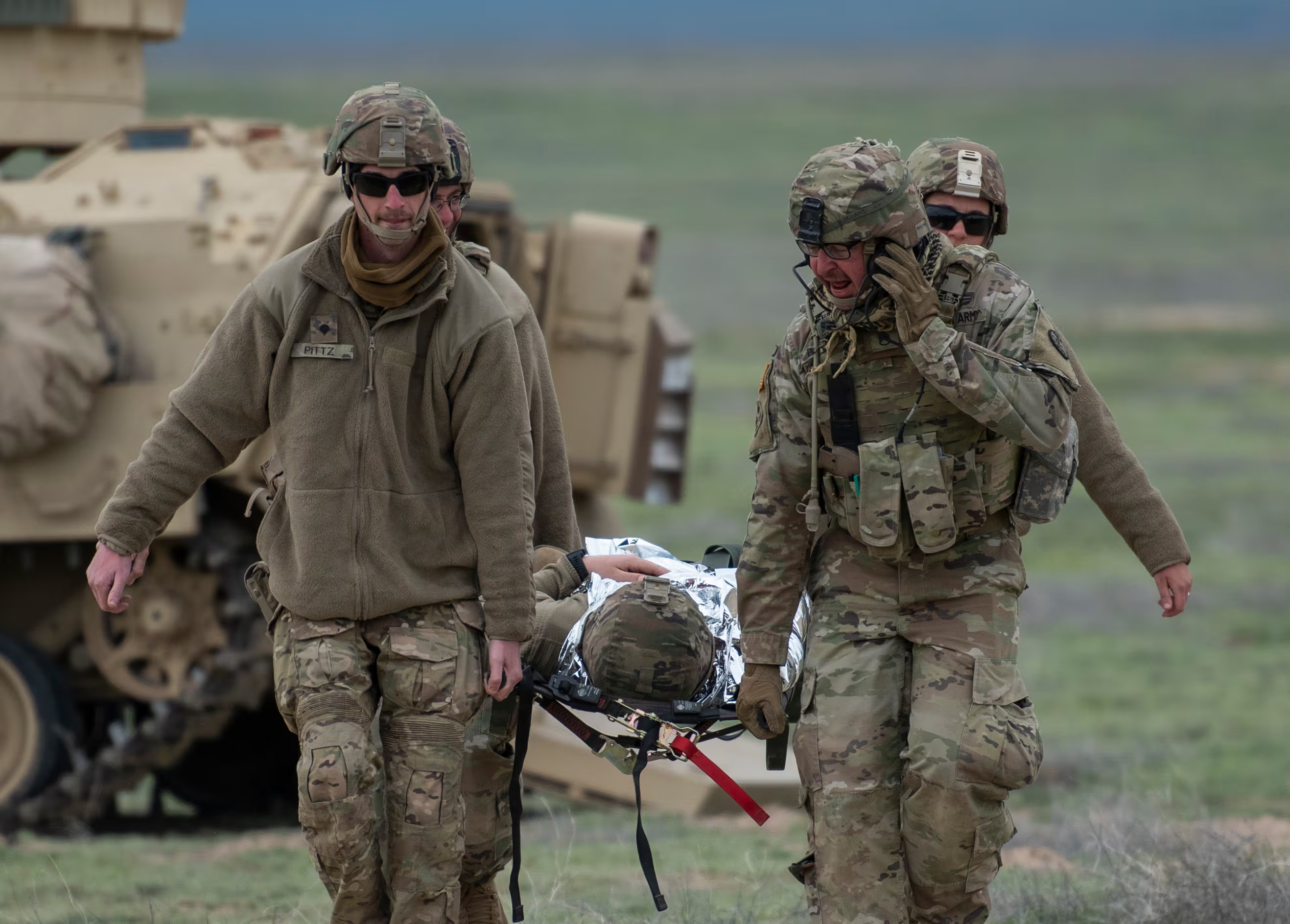The U.S. Navy, along with 20 other partner nations, launched the Southeast Asia Cooperation and Training exercise Tuesday in Singapore — and virtually.
Known as SEACAT, the exercise aims to foster enhanced cooperation between Southeast Asian countries by incorporating standardized training, tactics and procedures when faced with crises, contingencies or illegal activities in the maritime domain.
“In this region, the strength of our partnerships matter, and our ability and willingness to work together also matters,” Vice Adm. Karl Thomas, commander of U.S. 7th Fleet, said in a Navy news release. “This year’s SEACAT aims to enhance our interoperability as we address our shared maritime security concerns and preserve rules-based international order.”
The exercise features a maritime operations center based out of the International Fusion Center in Singapore to organize crisis coordination and information sharing of suspicious vessels during the simulation.
“The scenarios are designed to encourage countries to work together through maritime domain awareness assets to better understand operations and adherence to international norms,” Capt. Tom Ogden, commander of Destroyer Squadron 7, said in a Navy news release. “Practicing multilateral, multi-platform intercepts help our Southeast Asian partners prepare for possible real-world engagements in the future.”
Altogether, the exercise involves approximately 400 personnel and 10 ships, including the U.S. Navy’s littoral combat ship Tulsa, P-8A Poseidon aircraft from Task Force 72, along with personnel from Task Forces 73 and 76, and the Pacific and 7th fleets.
This year’s exercise also presents a new element by incorporating international organizations and nongovernmental organizations, whose objective is to create an even more realistic scenario to “enhance understanding and adherence to accepted rules, laws, and norms,” the Navy said.
Such organizations include the United Nations Office of Drugs and Crime, EU Critical Maritime Route Wider Indian Ocean and the International Committee of the Red Cross.
Other countries participating in the exercise include Australia, Bangladesh, Brunei, Canada, France, Germany, India, Indonesia, Japan, Malaysia, Maldives, New Zealand, Philippines, South Korea, Singapore, Sri Lanka, Thailand, Timor-Leste, United Kingdom and Vietnam.
This is the 20th iteration of the exercise, which started in 2002. Last year, the event was conducted as part of a virtual symposium amid the COVID-19 pandemic.




